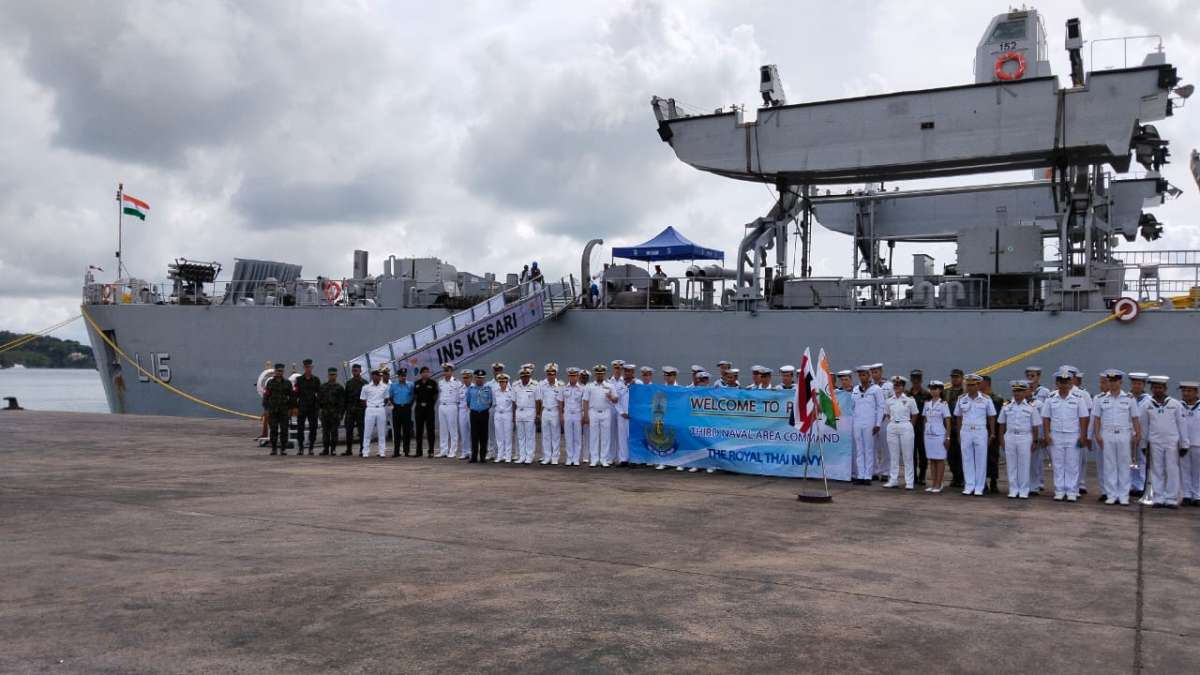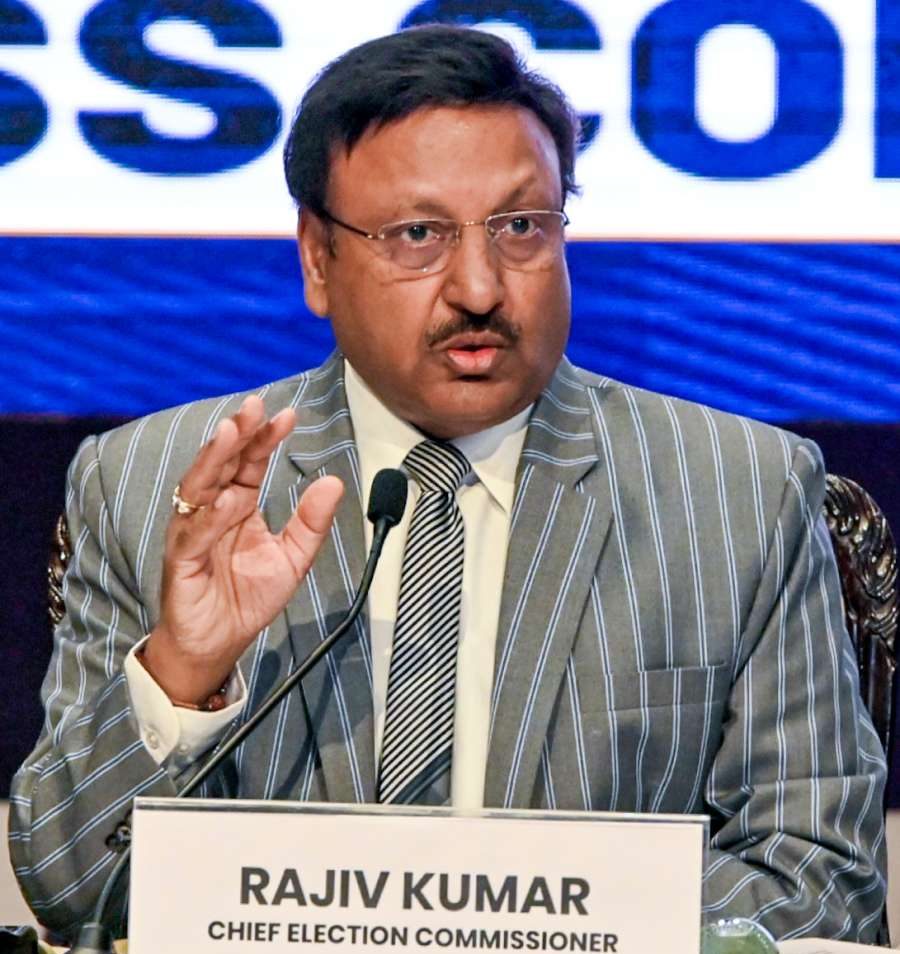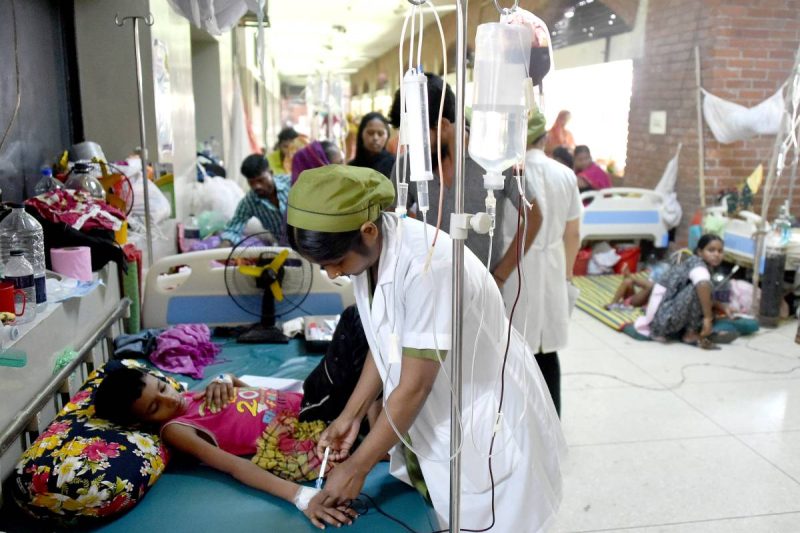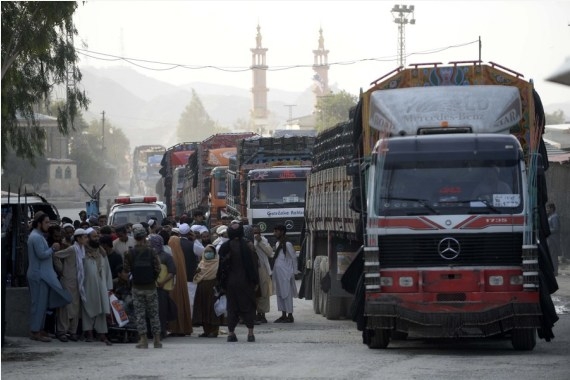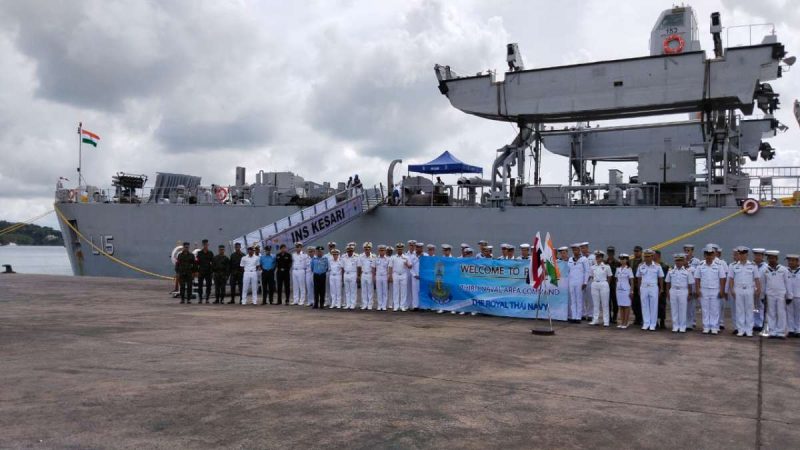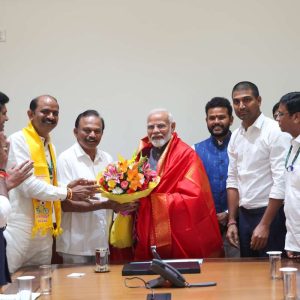Finance Minister encouraged the World Bank’s active involvement in taking ‘One Sun, One World, One Grid’ initiative forward….reports Asian Lite News
Finance Minister Nirmala Sitharaman on Wednesday met World Bank president Ajay Banga, on the sidelines of the annual meeting of IMF-WB in Marrakech, Morocco.
They discussed several issues related to India’s development priorities and global challenges – in the context of bigger, better and more effective World Bank.
Highlighting the ‘One Sun, One World, One Grid’ initiative articulated by Prime Minister Narendra Modi, the Finance Minister encouraged the World Bank’s active involvement in taking it forward.
She emphasised that India has delivered on its commitments towards Nationally Determined Contributions (NDCs) and this rich experience can be used by the World Bank in its engagement with other countries.
Citing India’s rich and varied development experience, the finance minister said India can become a strong partner for ‘Sandboxing’ the eight global challenge programmes proposed to be taken up by the World Bank.
‘India undertaking robust climate actions’
India is undertaking some of the most robust climate actions through its Nationally Determined Contributions (NDCs) which include an ambitious programme for a transition to clean energy and the RISE partnership is completely in sync with India’s domestic policy of prioritising clean energy and supply chains, according to Sitharaman.
She made this point while participating in the launch of “Partnership for Resilient and Inclusive Supply-chain Enhancement” (RISE) on the sidelines of the World Bank-IMF annual meetings in Marrakech, Morocco on Wednesday.
Highlighting the hard-earned consensus by the G20 India presidency on the need to rapidly scale up renewable energy capacity, Sitharaman said that the Global Biofuels Alliance initiative launched by India on the sidelines of the G20 leaders summit in Delhi last month, is a positive step toward promoting global cooperation on sustainable biofuels and innovation on clean energy.
The Finance Minister also mentioned that the New Delhi Leaders Declaration calls for tripling renewable energy capacity globally by 2030. Underlining India’s key priorities for clean energy, which include solar, offshore wind, green hydrogen and battery storage, Sitharaman mentioned that India has advanced its target for non-fossil fuel installed electric capacity to 50 per cent, having achieved the previous target of 40 per cent ahead of 2030 and emphasised on India’s commitment towards bringing down energy storage costs and reducing the emissions intensity of India’s GDP by 45 per cent by 2030 from 2005 levels.
Emphasising India’s growing economy and its policy intent at the highest level, she said that India is well placed to contribute towards strengthening and diversifying supply chains, besides it’s readiness to play a bigger role in the supply chains of clean energy products.
The RISE partnership is an initiative of World Bank and G7 Japan presidency for developed and developing countries, providing an opportunity between G7 members, interested developed countries, and low and middle-income countries to build momentum for enhanced collaboration on global issues of supply chain diversification of clean energy products and tackling climate change.



